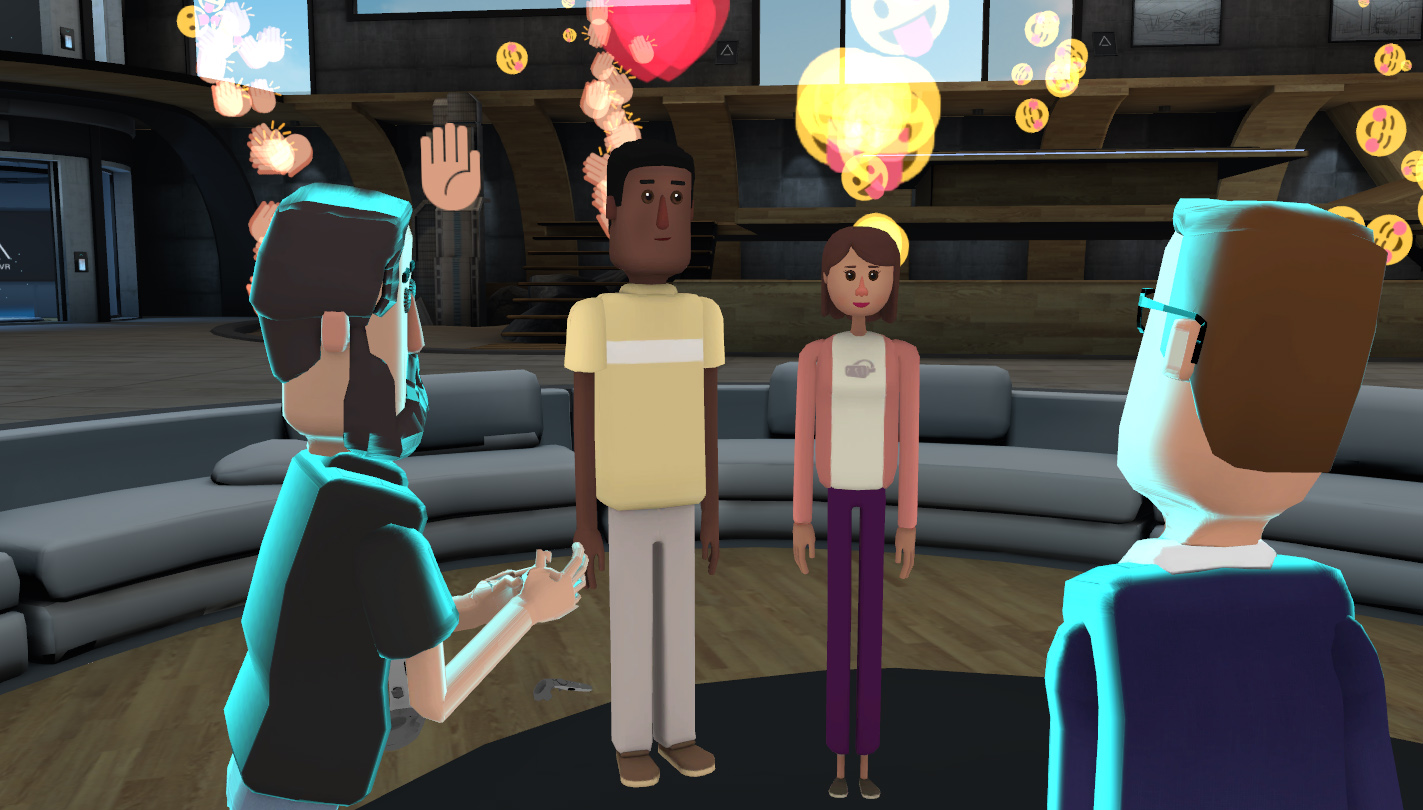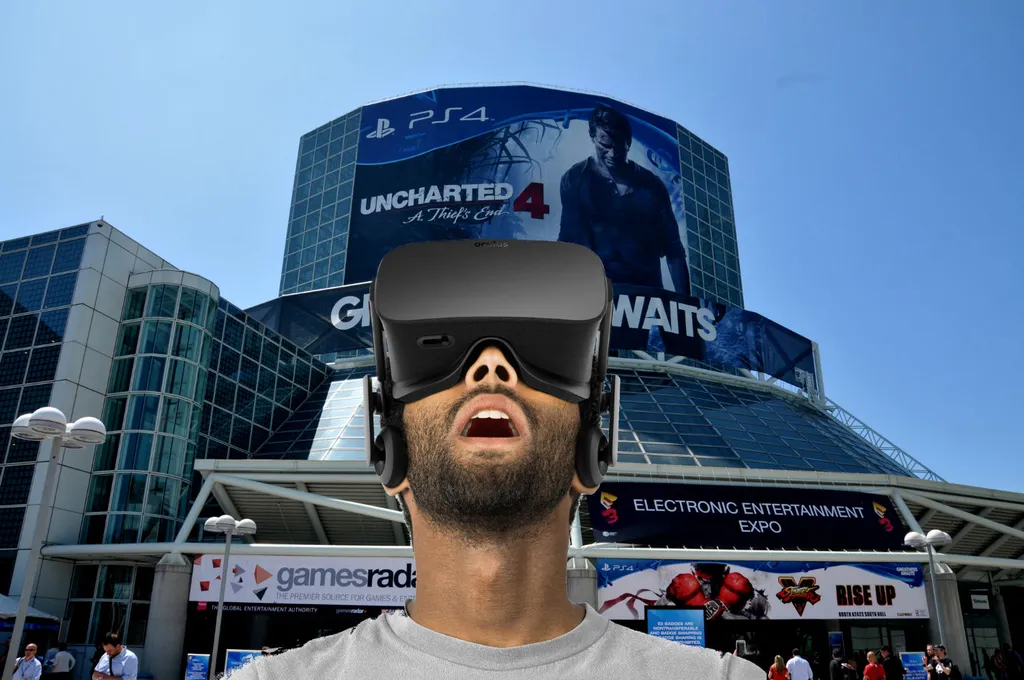Imagine you’re standing in a level from your favorite videogame. Its characters are walking around beside you, waving hello as they go about their business. To the side, a trailer for the game is playing on a huge virtual screen, which you can watch with your friends, who are joining you. Then imagine hopping out of that world and effortlessly heading into another to experience it all over again, then taking your VR headset off and finding yourself in your living room.
That’s the experience that In-VR wants to bring you. Set to take place later this year, this is a conference like no other. It wants to be the first to give you an experience akin to E3 or Gamescom but without asking you to leave your home, pay for expensive travel, and then queue for hours to see content. In-VR is hoping to pull off the madly-ambitious idea of a conference that’s completely virtual, saving you time and money but giving you an event that goes beyond the confines of reality.

The show is currently in the planning stages at a UK-based company of the same name. Let’s be clear; it’s not a VR event, but an event in VR. The team wants to pull in the wider gaming industry to show off their titles to what it hopes will be 20,000 attendees, also offering talks from developers that will take place in virtual arenas where ticket buyers will have their own seats. It’s already got a handful of speakers on board, including Theo Priestley from HTC’s Vive X accelerator, and Josh Farkas, CEO of Guided Meditation developer Cubicle Ninjas.
I spoke to the team, which is bursting with ideas. CEO Stelios Papagrigoriou and COO Chryssa Tsouraki — who has spent her career organizing real events for different industries — picture a global conference that runs for all 72 hours over the course of three days in December — likely over the Christmas break to boost attendance — offering talks from every country that could be recorded and translated, with Q&A and face-to-face time for VIP ticket buyers. They imagine letting players meet game characters, voiced in real-time by real actors, bringing a level of fan fulfillment that not even Comic-Con could achieve.
The team also sees the conference helping developers just as much as it does consumers. While attendees may not be able to play the games, In-VR allows studios to build big, imaginative booths that immerse fans in the game world without the physical production costs or allocating as many resources away from development. If people like what they see, they might also be able to buy or pre-order the game with a few simple clicks there and then.

In-VR wants to open its doors to Oculus Rift, HTC Vive, and Gear VR users, though it’s going to be interesting to see how — and if — the company pulls it all off. It’s currently speaking to different companies about partnering to power the experience, and also mulling over a Kickstarter campaign that could allow early access to tickets.
E3 might be opening its doors to the public for the first time this year, but In-VR might be the beginning of the next wave of industry events, if it’s able to pull this off. That’s a big ask, but if it’s successful this could be a significant milestone for VR.






























